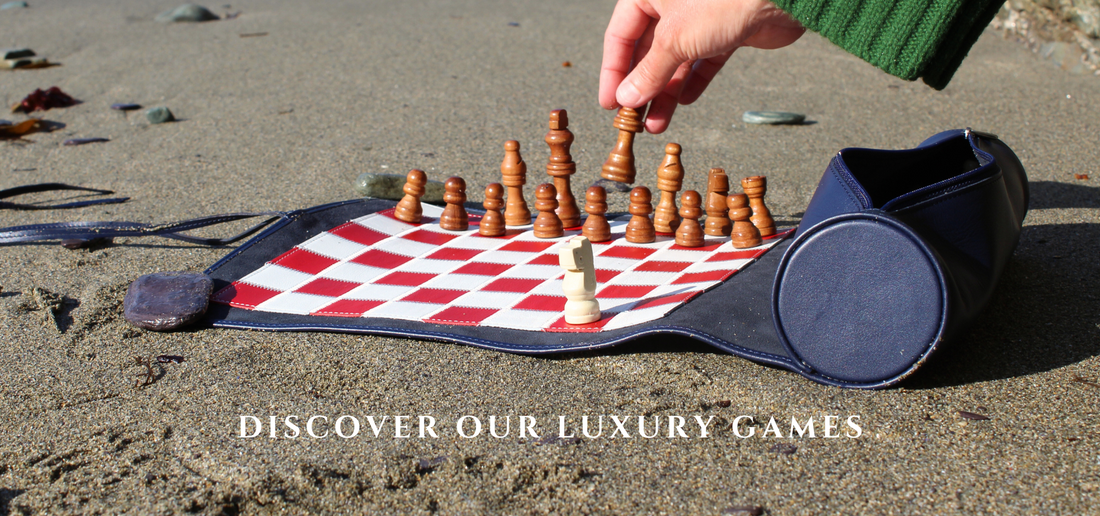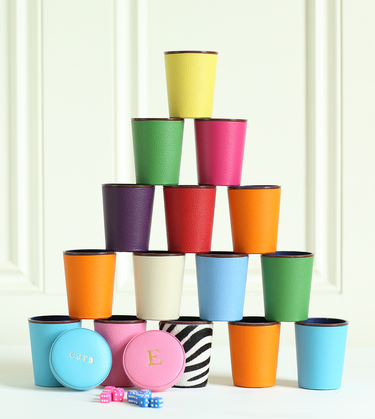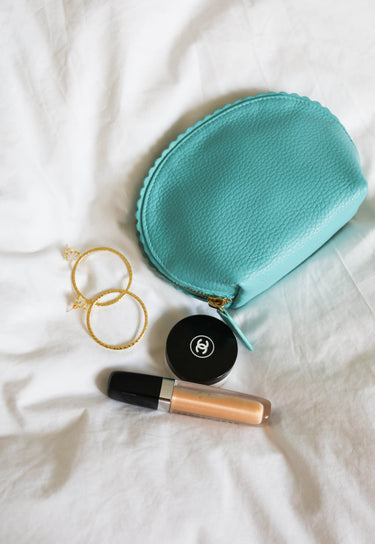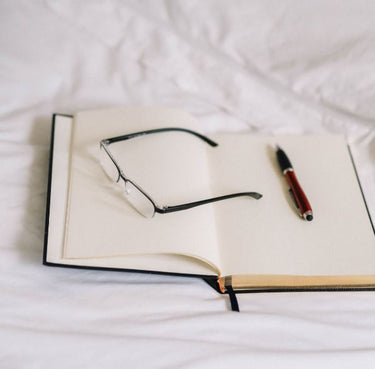Journaling for your Mental Health

Journals are a valuable tool for many purposes in life. In any circumstance, having a journal or notebook on you is a fantastic way of staying organised, enabling you to jot down any important thoughts and reminders as they come to you.
Keeping you on top of things avoids any unnecessary stresses due to disorganisation. So, on this note and more importantly in aid of Mental Health Awareness week (beginning 10th May), this article will highlight the benefits of journaling for your mental health and talk you through why journaling is therapeutic.
Clear your thoughts by filling the page
Putting pen to paper for someone who wants to journal for the first time can feel like a daunting task. However, the important thing to remember is there is no right or wrong way of journaling. A journal needn’t be a novelesque work of fine literature.
In fact, plain-paged journals offer a great space to doodle alongside your thoughts or perhaps begin your journal scrapbook style and scatter your memories about the page as they come to you.
Whichever way you choose to go about your journaling, this emptying of your mind onto the page should help you feel a weight has been lifted from your shoulders (which is said to be where anxiety also sits!).
Journaling is therapeutic
The process of recording your experiences and your feelings is extremely calming and a wonderful method of self-reflection. Unlike typing on and looking at a computer screen, hand-writing is slower – allowing us time to organise and digest our thoughts and feelings.
We can then spot any issues or recurring areas of difficulty such as triggers of stress and/or anxiety and focus our minds on how we can address them. This ‘de-cluttering’ of our minds, has a huge benefit on how we live our lives.
Close your thoughts and close your eyes
As well as boosting our moods and productivity, this can improve our sleep. We have all had the struggle and frustration of lying-in bed, willing yourself to fall asleep while your mind refuses to switch off – this is where your journal can help.
Psychology Today’s Power of Journaling study by the Journal of Experimental Psychology recommends the solution: ‘Write in a journal for five minutes before bed’, and in particular, ‘writing out your to-do list for tomorrow’. This is an undeniably easy and effective way to help resolve difficulties with getting to sleep, which majorly benefits your overall mental health.
We recommend either one of our small notebooks or pocket journals – their nifty size means they can be tucked away in a bedside-drawer or under your pillow.

Plan, prepare, prioritise
You do not need to choose your journal strictly based on practicality. In many cases, choosing a journal based on its overall style encourages us to use it more in a similar way to how having an attractive and organised desk set-up promotes a better work ethic and productivity.
Being in the habit of using a notebook or journal can help us keep plan, prepare, and prioritise for any upcoming events. The more regular doing this becomes the easier it becomes, helping us then deal with any potentially nerve-wracking or unexpected situations.
You are the narrator of your own story
Once journaling becomes habit, it can also allow us to build an archive of our experiences when used to record the day or week’s events and feelings. This means that should we read back through them we can remind ourselves of the good times, but perhaps more importantly, the bad.
For this reason, journaling is great to create an awareness of our self-growth and look back on more challenging times with positivity for the lessons they taught us. Of course, journaling may not be everyone’s cup of tea, however this practice of self-reflection us undeniably useful for everyone.
Therefore, we suggest an alternative – using a 5 Year Diary. A 5 Year Diary is an excellent way for anyone to stay organised while effortlessly keeping track and being aware of how previous times have gone by.
Get creative
Touching back to the plain-paged journals and the advantages they offer for the journaling new-comer, I want to home in on the scope these little blank canvases give you to be creative. As mentioned at the beginning of this article, a journal has many uses.
If the primary use of your journal is for therapeutic reasons as opposed to strictly organisational reasons (although we now know how those two go hand-in-hand) then blank-paged journals are for you.
In addition to making notes, you can get creative and allow your mind to drift through drawing, colouring and maybe even painting, when you journal. Getting creative in this way is a great way of disconnecting from the part of your brain that tends to overthink and worry. It can bring you a welcome sense of peace when feeling overwhelmed.
The health benefits of journaling
The benefits of journaling for your mental health are abundant. Research into these benefits shed light on 5 benefits in particular (as published by intermountainhealthcare.org):
- Reduces stress
As discussed, journaling is a fruitful method of stress-management. It can help either clear or organise the mind to overcome feelings of anxiety and stress.
- Improves immune function
It has been found that ‘expressive writing’ reduces risk of illness through strengthening immune cells!
- Keeps memory sharp
Recording experiences and feelings helps train the way that your brain process things as they happen. As a result of which it improves your brain’s capacity to remember these things.
- Boost’s mood
A better mood is a direct result of self-growth because it improves your sense of overall well-being and happiness (and let’s not forget it helps you sleep!).
- Strengthens emotional functions
When journaling becomes habit, its benefits become longer-term. Thereby our ability to understand our emotions greatly affects how we deal with them and this improvement seeps into our everyday behaviour.
Conclusion
Journaling is indeed a tool that teaches us gratitude for all the ups and downs life throws at us – a skill that following this crazy year is invaluable. Following this, it seems there is no better time for self-reflection and creating an appreciation for how far we have all come.
For more tips on getting creative to benefit your mental health, check out our scrapbook inspiration blog to get your raring and ready for your next craft project.


















